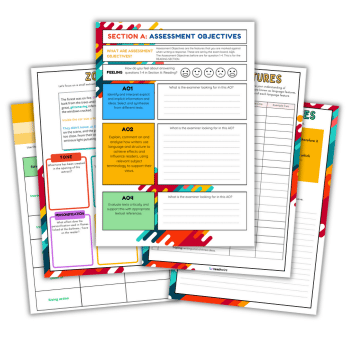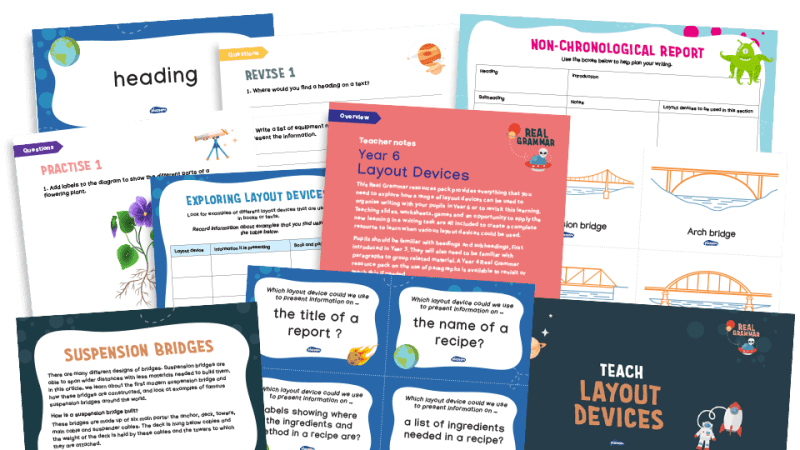How to teach description writing

Mr E serves up a bite-sized checklist of ways to help students describe places, characters and objects in a livelier, more dynamic way…

- by Mr E

1 | Metaphors beat similes!
Ask students to complete a series of similes in under a minute (‘As white as..?’, ‘As sly as a ..?’) – this makes a firm point about clichés. Give them time to come up with improved versions and turn these into metaphors. ‘His body was as heavy as a sack of coal’ becomes ‘his coal- sack body.’
2 | Verbs beat adjectives and adverbs
For many, ‘being more descriptive’ means piling adjectives and adverbs in front of every noun. Good writing, though, often rests in judicious choices of verbs. A man walking slowly can amble, saunter or dawdle.
3 | Curate colour-compound words
Use displays and scrapbooks to curate new and exciting compound words. Use a thesaurus or paint charts to discover colour variations, then encourage students to match with familiar objects – ‘traffic-light red lipstick’, ‘pavement-grey cardigan’, ‘puddle-brown trousers’.
4 | Alliteration fixation
Encourage pupils to get a feel for the effect of repeating consonant sounds.
Plosive alliteration using ‘p’, ‘d’ and ‘b’ sounds can be more hard-hitting; softer consonants such as ‘w’ and ‘f’ can create a gentler effect.
5 | Simple is better!
Make students aware of the proportion of simple to complex sentences in their writing. Many overuse the latter. Read examples from writers like Hemingway, who use simple sentences to pack a punch.
6 | Micro-paragraphs
Standalone paragraphs of simple sentences or single words can be very effective if used sparingly. Abstract nouns, such as ‘silence’ and ‘nothing’, can work well to build suspense in writing.
7 | Paragraphing for effect
Teach students the use of paragraphs as structural devices. In descriptions, a flashback paragraph to an earlier time can be highly effective and demonstrates forward planning!
Mr E leads a secondary English department and is a published writer; discover more writing tips at his ‘Mr E’s english hacks’ YouTube channel at MrEsEnglishHacks.
This piece originally appeared in ‘Learning Lab’ section of Teach Secondary magazine










